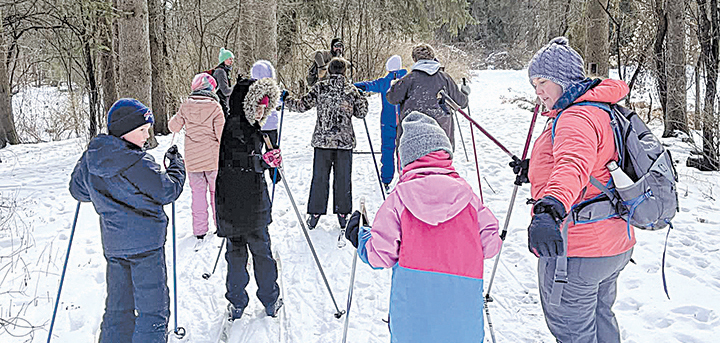Oxford School Board gets advice from legal counsel
OXFORD – Members of Oxford’s school board got a refresher course in their legal roles and responsibilities Monday night from the district’s legal counsel.
John Lynch of Hogan, Sarzynski, Lynch, Surowka & DeWind, LLP spent nearly two hours fielding questions from board members and district administrators on a variety of topics, some of which had been submitted in writing in advance of the meeting.
One of the first items discussed centered on the legalities of community members talking about specific employees during public comment. The underlying legal issue, Lynch explained, is the “curtailment of right of free speech.”
If the board allows positive comments about an employee’s performance, they “cannot then cutoff any remarks that (they) might find negative,” he said. “Your concern is about limiting the free speech rights of that individual. ... You cannot discriminate on the basis of viewpoint.”
Lynch said, however, that the board is within their legal rights to allow a limited time for people to speak, nor do they have to tolerate any vulgarity or profanity. They can also limit public comment to items included on the agenda if they so choose.
“You control the agenda,” he said. “If you eliminate both sides of the question, then you are ... within your rights.”
Citing a recent federal decision, he added that the board was also within their rights to cut off an individual who had already made his opinion known on a particular topic.






Comments